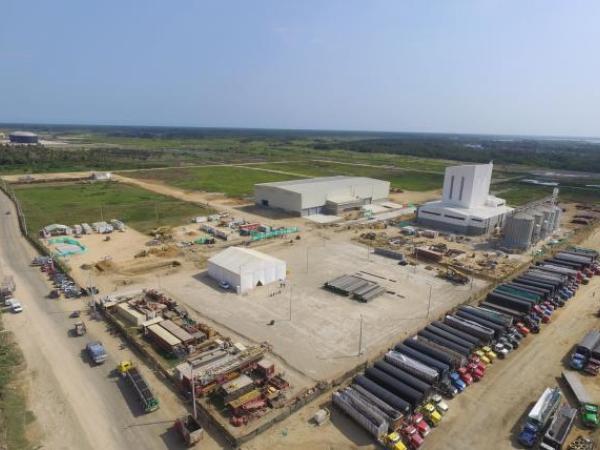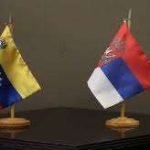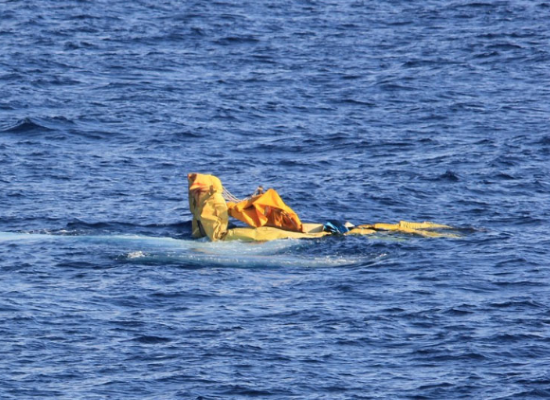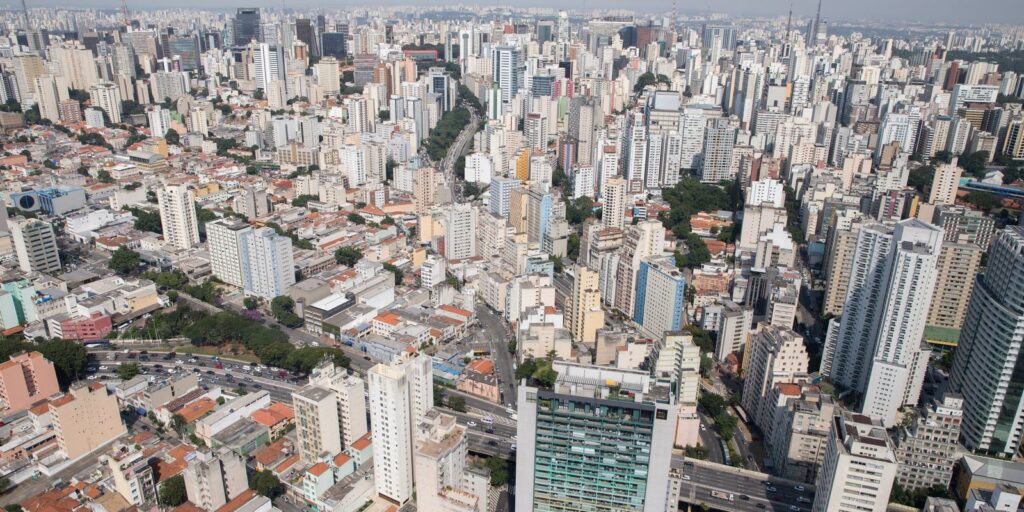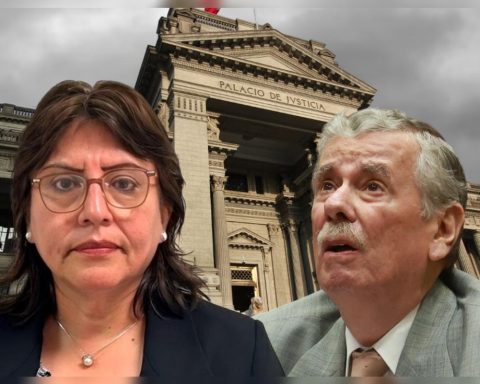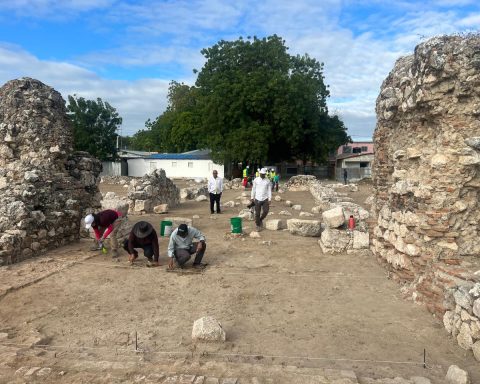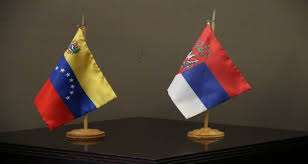After two months of internal debates, the free zones are once again a protagonist of the fiscal bickering of the national government with the country’s businessmen.
In the articles that became known about the first presentation of the tax reform -which now seeks $22 billion- several aspects related to this business figure were changed compared to the first version, however, the internationalization plan continues as the biggest difference between the parties.
The free zones currently have a tax benefit of 20% on income tax, unlike the 35% of the rest of the companies. This condition would be maintained in the tax reform, but it is linked to compliance with an internationalization plan, which, although initially accepted by economic actors, raised doubts about its differential application depending on the type of this regime, especially to the sole proprietorships.
(Read: Tax reform brings 27 new articles for the first debate).
However, although the latter were suppressed in the review, now the conditions to comply with the internationalization plan are “stricter”.
The article 10 of the tax proposal points out that in order to maintain that 20% taxation, the companies located in these spaces must comply with maximum sales ceilings to the ‘national customs territory’ that may not exceed 40% for the taxable year 2024, to later be gradually reduced to 30% in 2025 and 20% in 2026.
In other words, four years from now, companies in free zones should export 80% of their production.
The article states that industrial users who fail to comply with this measure for three consecutive years will “lose” their authorization to operate under the regime despite the fact that their physical location is within a free zone.
Excepted from this compliance are theOffshore free zone users and operator users.
Economic agents agree that the sales threshold National laws affect customs and foreign trade benefits.
Miguel Ángel Espinosa, president of Fitac, pointed out that with this measure “they practically attack the continuity of the companies that are part of the free regime” based on the assumption that “exporting is a process that occurs overnight, unaware that to conquer international markets one must start from (…) a process that can last at least three years”.
(Also: Mining Guild warns that the tax is disproportionate).
From Analdex, Javier Díaz Molina, insists on “maintaining the conditions initially discussed”, that is, working on an internationalization plan “that is not tied to a certain threshold in the law” but promoted by government agents such as ProColombia, in which other aspects are also taken into account such as “complementary services, free zones with a sectoral vocation and the contributions they have generated in the regions where they are located”.
From the Chamber of Users of Free Zones of the Andi, they remember that 90% of the entrepreneurs installed within these parks are MSMEs “and to meet the objectives of increasing their exports, they require gradual internationalization plans.”
In turn, María Claudia Lacouture, president of Amcham Colombia, specifies that if this demand continues “the livelihoods of the free zones would be at risk” and therefore the preservation of 150,000 jobs.
(See: Entrepreneurs feel unprotected: this they would pay with taxes).
Although foreign trade agents agree on a good spirit of dialogue with the Government and acceptance of some proposals, they are concerned about the erosion that the insistence on this measure may generate on the development opportunities that the free regime has.
“We see a total disconnection of the government with the business reality of the country. This reform sends a dire message to the international business community”, Espinosa pointed out.
From Analdex they also observe with suspicion that the new text intends to suppress literal j) of article 428 of the current Tax Statute that establishes the norms for imports of less than US$200 from the US, since it could violate the FTA.
Roberto Casas-Lugo
